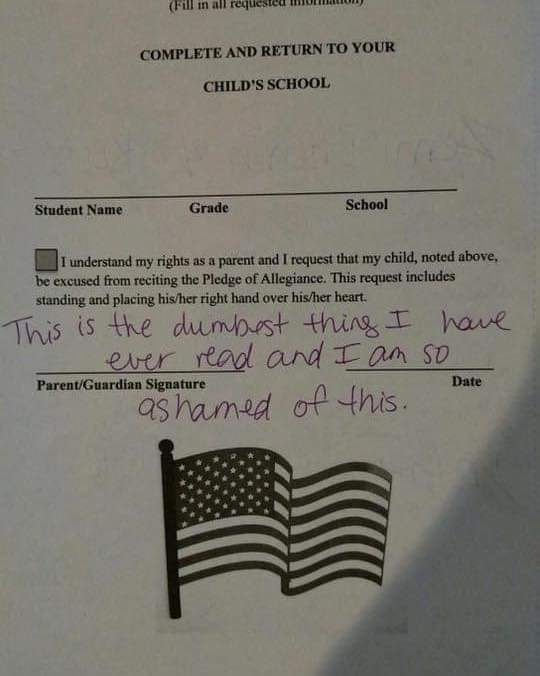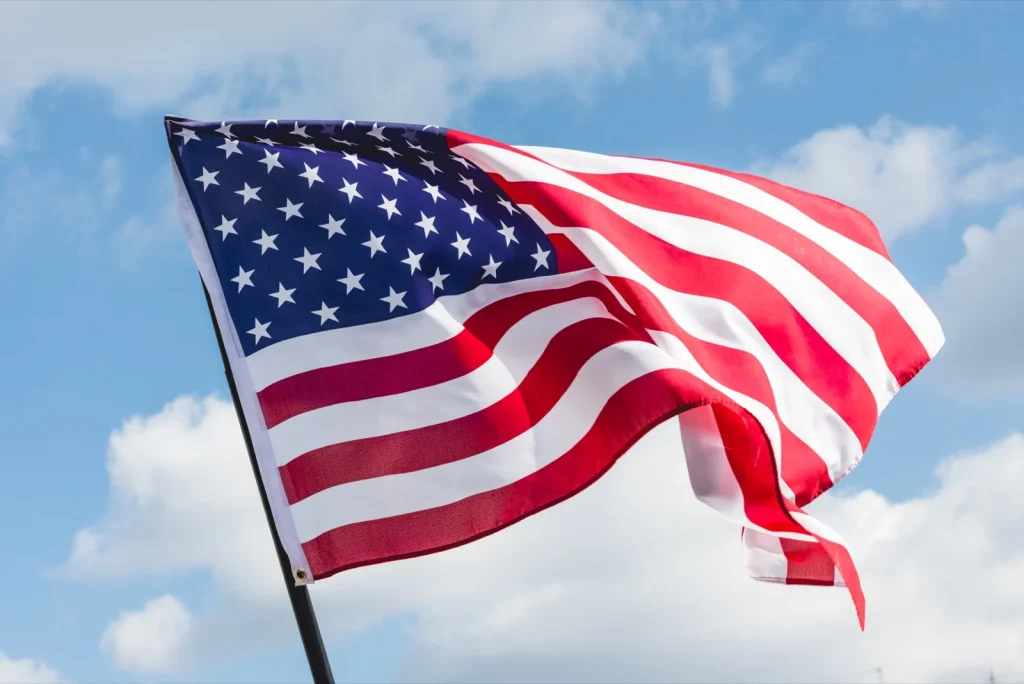Patriotism, a deeply personal sentiment, is often expressed in various ways. In a democratic society, the concept of patriotism is best understood through the lens of individual freedom rather than coerced actions. While many equate patriotic acts with traditional rituals, like reciting the Pledge of Allegiance, true patriotism lies in the liberty to make personal choices. Let’s explore how freedom, choice, and respect for differing expressions of love for one’s country define the essence of true patriotism.

Understanding Patriotism Beyond Tradition
Patriotism is often seen through symbols, flags, and ceremonial acts that have been passed down for generations. For many, these rituals are meaningful expressions of love and loyalty toward their nation. However, these traditions don’t necessarily define one’s level of patriotism. It is crucial to understand that being patriotic does not depend solely on participating in prescribed customs; instead, it’s about upholding the freedom to make personal choices based on beliefs.
The Misconception of Forced Patriotism
It’s common for societies to equate participation in national traditions with patriotism. Acts like reciting pledges, standing for anthems, or following national customs have become standard markers of one’s love for the country. But when these acts become mandatory, they lose their meaning. Forcing individuals to follow traditions under the guise of patriotism undermines the very democratic values that these rituals are meant to represent.
Coerced acts of patriotism can create resentment and division rather than fostering unity. True patriotism thrives when individuals are given the freedom to choose how to express their love and dedication to their nation.
Personal Freedom: The Heart of Democracy
At the core of democracy is the concept of personal freedom. It is the freedom to think, speak, and act according to one’s beliefs. This liberty not only protects individual rights but also encourages diversity in expressions of national pride. Forcing uniformity in patriotic expressions contradicts the democratic principle of personal liberty.
Choice as an Act of Patriotism
Allowing individuals to choose whether or not to participate in national traditions is itself an act of patriotism. It honors the principles of freedom and individual rights, which are foundational to democratic societies. For instance, giving parents the right to decide whether their child recites the Pledge of Allegiance in school is a testament to a society’s commitment to freedom. The choice becomes more meaningful because it stems from personal conviction rather than societal pressure.
True patriotism involves defending the right to make personal choices, even when those choices do not align with traditional forms of expression. It is about valuing diversity in thought and action, recognizing that every citizen has a unique relationship with their nation.
Respecting Different Expressions of Patriotism
Patriotism is not a monolithic concept. It manifests differently in each individual, influenced by personal experiences, beliefs, and cultural backgrounds. Some may find pride in waving a flag, while others might express their love for the country by advocating for social justice, participating in peaceful protests, or volunteering to improve community welfare.
Unity Through Respect, Not Uniformity
Respecting diverse forms of patriotic expression promotes unity rather than division. In a true democracy, unity is not achieved through uniformity but through mutual respect for different perspectives. When individuals feel respected for their choices, they are more likely to feel connected to their country and fellow citizens. Conversely, demanding conformity often leads to polarization, weakening the sense of national solidarity.
Encouraging a culture of respect for individual choices not only upholds democratic values but also strengthens the bonds among citizens. This approach fosters a sense of belonging that is rooted in acceptance, not obligation.
The Pledge of Allegiance: A Case for Choice
The Pledge of Allegiance is one of the most recognizable symbols of American patriotism. For many, reciting the Pledge is a daily reminder of national unity and pride. However, not everyone feels the same way about this tradition. Some individuals, due to religious beliefs, personal convictions, or political views, may choose not to recite the Pledge. This decision should be respected as a valid expression of freedom.

Honoring Personal Beliefs in Public Spaces
In public spaces like schools, workplaces, and government offices, honoring personal beliefs is a crucial aspect of maintaining democratic integrity. For example, a form that allows parents to decide whether their child participates in the Pledge of Allegiance is not an attack on patriotism. Instead, it reinforces the principle of personal freedom. It empowers individuals to act in alignment with their values, which is a fundamental aspect of democracy.
By respecting this choice, society demonstrates its commitment to the values of freedom and equality. It also teaches the next generation that patriotism is not about forced allegiance but about the freedom to choose one’s expressions of loyalty.
Patriotism as a Personal Journey
Patriotism is not a one-size-fits-all concept. It’s a deeply personal journey that evolves with time, experiences, and societal changes. Just as democracy allows for diverse opinions and beliefs, it should also allow for diverse expressions of patriotism. A true patriot not only loves their country but also upholds the values that make it great—freedom, equality, and respect for others.
Patriotism Through Actions, Not Just Words
True patriotism is reflected in actions, whether it’s serving the community, advocating for justice, or protecting the environment. It’s about actively contributing to the betterment of society and defending the principles that define democracy. These actions often speak louder than words or rituals, as they embody a genuine commitment to improving the nation.
Conclusion: Embracing Freedom as the Essence of Patriotism
Patriotism thrives in an environment of freedom, not force. It is about allowing individuals to express their love for their country in ways that resonate with their personal beliefs. While traditional acts like the Pledge of Allegiance have their place, they should be optional, not mandatory. True patriotism honors the right to choose, respects personal beliefs, and celebrates diversity of thought.
In a democratic society, the freedom to express patriotism in different ways is not a sign of disunity—it’s a testament to the strength of a nation that values personal liberty above all. By embracing the freedom to choose, we uphold the very principles that define true patriotism.


